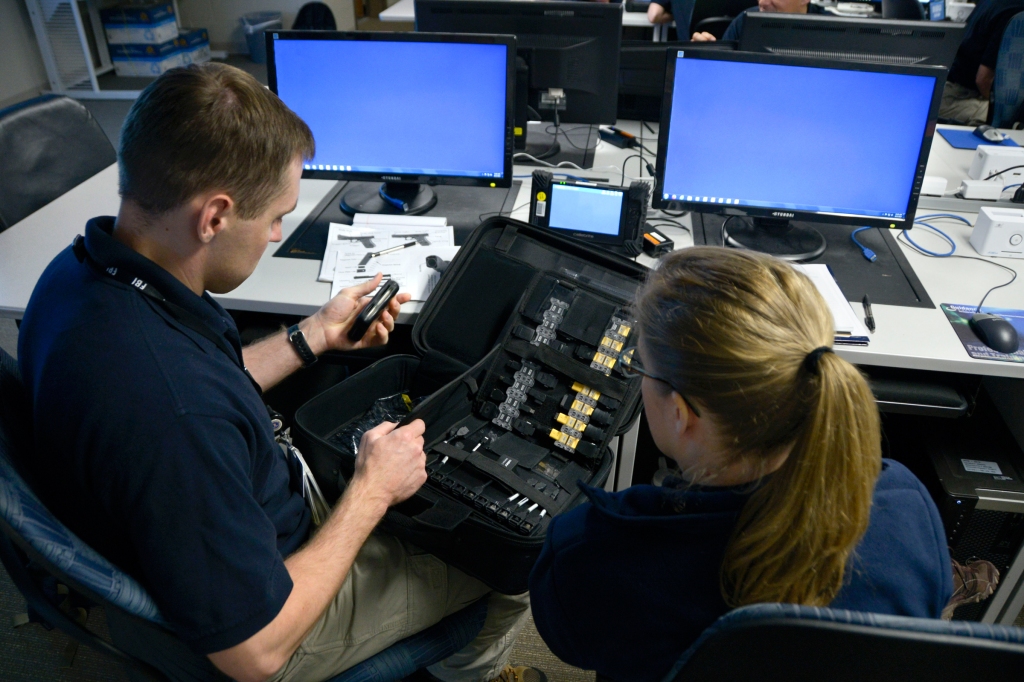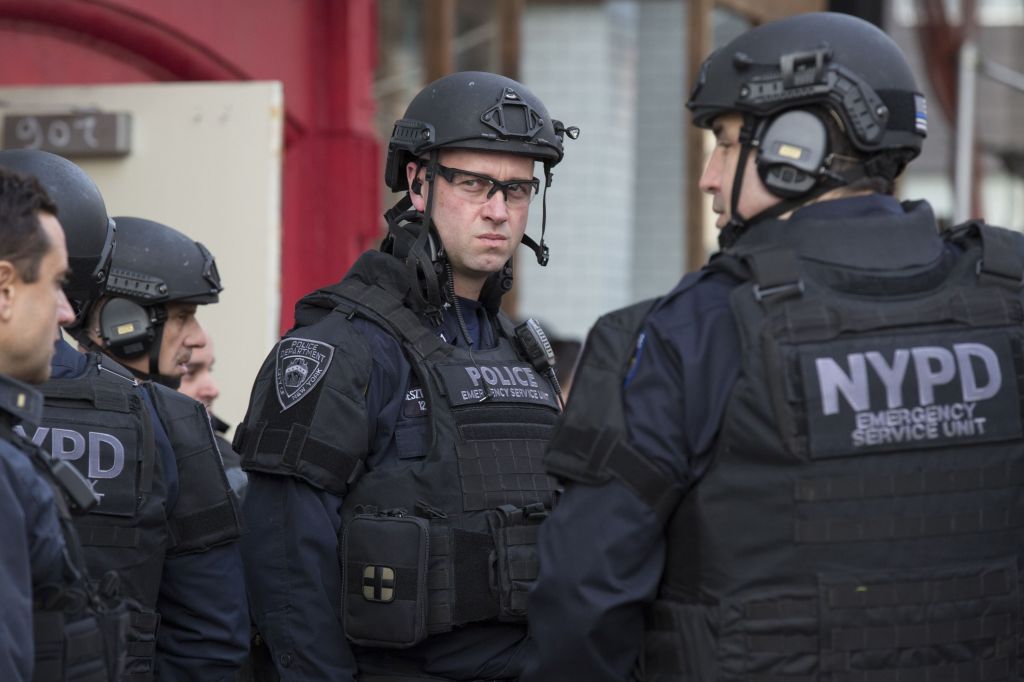
Unlocking the secrets behind crime-solving, protecting communities, and upholding justice – police officers are the unsung heroes who dedicate their lives to maintaining law and order. But have you ever wondered how these brave men and women acquire the skills needed to serve and protect? Enter police officer training courses – the crucial foundation that shapes our modern-day law enforcement.
In this eye-opening blog post, we’ll demystify police officer training by delving into its intricacies. Whether you aspire to become a proud member of the force or simply seek a deeper understanding of what it takes to wear that badge, join us on this enlightening journey as we explore everything you need to know about police officer training courses. Are you ready for your crash course in law enforcement education? Let’s dive right in!
What Does Police Officer Training entail?
Police officer training is a rigorous and comprehensive process that prepares individuals for the challenging and demanding role of law enforcement. This training encompasses various aspects, ensuring that officers are equipped with the necessary skills, knowledge, and mindset to serve and protect their communities effectively.
One crucial component of police officer training is classroom instruction. Trainees learn about legal procedures, criminal law, ethics, community policing strategies, emergency response protocols, and more. This theoretical knowledge forms the foundation upon which practical skills will be built.
Physical fitness is another vital aspect of police officer training. Officers must be physically capable to handle the physical demands of their job such as apprehending suspects or responding swiftly in high-pressure situations. Physical fitness tests are conducted regularly throughout the training program to ensure that trainees maintain optimal strength and endurance levels.
The Different Types of Police Officer Training
There are several different types of training that police officers undergo to prepare them for their challenging and demanding roles in law enforcement. These training programs vary in length, intensity, and focus, but all aim to equip officers with the necessary skills and knowledge to effectively serve and protect their communities.
One type of police officer training is basic academy training. This comprehensive program covers a wide range of topics including criminal law, firearms proficiency, defensive tactics, emergency response procedures, and community policing strategies. It typically lasts for several months and provides recruits with a solid foundation in the fundamentals of law enforcement.
Specialized training courses are another important component of police officer education. These courses allow officers to develop specific skills or expertise in areas such as investigations, narcotics enforcement, cybercrime prevention, or crisis negotiation. By honing these specialized skills, officers can better respond to unique situations they may encounter on the job.
How to become a police officer
Becoming a police officer is a noble and challenging career choice that requires dedication, perseverance, and the right set of skills. If you’re considering pursuing this path, it’s important to understand the steps involved in becoming a police officer.
You’ll need to meet certain basic requirements. This includes being at least 18-21 years old (depending on the jurisdiction), possessing a high school diploma or GED equivalent, and having a clean criminal record. Physical fitness is also crucial for this physically demanding job.
Once these prerequisites are met, aspiring officers must undergo rigorous training at an accredited police academy. The length of training varies but typically lasts around six months to one year. During this time, candidates will learn about various aspects of law enforcement such as patrol procedures, emergency response tactics, firearms training, self-defense techniques, and more.

Conclusion
Police officer training is an essential aspect of ensuring public safety and maintaining law and order in our communities. From physical fitness to knowledge of criminal justice systems, these training courses provide aspiring officers with the necessary skills and expertise to carry out their duties effectively.
Throughout this article, we have explored the various components of police officer training. We discussed the different types of training programs available, including academy-based programs and on-the-job training. We also touched upon the pros and cons associated with these courses, highlighting both their benefits in terms of skill development as well as potential challenges that trainees may face.